A LSO BY R ICHARD T OYE
Lloyd George and Churchill:
Rivals for Greatness
CHURCHILLS EMPIRE
CHURCHILLS EMPIRE

The World That Made Him and the World He Made
Richard Toye
A John Macrae Book
Henry Holt and Company
New York

Henry Holt and Company, LLC
Publishers since 1866
175 Fifth Avenue
New York, New York 10010
www.henryholt.com
Henry Holt and  are registered trademarks of Henry Holt and Company, LLC.
are registered trademarks of Henry Holt and Company, LLC.
Copyright 2010 by Richard Toye
All rights reserved.
Originally published in Great Britain in 2010 by Pan Macmillan
The acknowledgements on page 424 constitute an extension of this copyright page.
Library of Congress Cataloging-in-Publication Data
Toye, Richard, 1973
Churchills empire: the world that made him and the world he made / Richard Toye.1st ed.
p. cm.
A John Macrae Book.
ISBN 978-0-8050-8795-6
1. Churchill, Winston, 18741965. 2. Prime ministersGreat BritainBiography. 3. Great BritainColoniesHistory20th century. I Title.
DA566.9.C5T66 2010
941.084092dc22
[B]
2010001427
Henry Holt books are available for special promotions and premiums.
For details contact: Director, Special Markets.
First Edition 2010
Printed in the United States of America
1 3 5 7 9 10 8 6 4 2
Although he didnt like to do so, Mr Churchill ended the stage of the British Empire. That was not his subjective will. He said that to President Roosevelt. But objectively he ended the British Empire.
C HOU E N L AI to H ENRY K ISSINGER
20 October 1971
Contents
PROLOGUE
On 10 December 1954 a visitor from East Africa was waiting on a horsehair sofa in the hallway of 10 Downing Street. Suddenly, the small, frail figure of Winston Churchill appeared from behind a screen, said, Good afternoon, Mr Blundell, and offered him a slightly stiffened hand to shake. The two men went together into the Cabinet Room. It was only three oclock but Churchill smoking his customary cigar ordered them both a strong whisky and soda. As they sipped their drinks, their meeting, scheduled to take fifteen minutes, spilled out to last forty-five. The topic was the Mau Mau rebellion against British colonial rule in Kenya; and Michael Blundell, a prominent white settler with a somewhat spurious reputation as a liberal, was given an impassioned exposition of the Prime Ministers views.
Churchill began by recalling his own visit to the country in 1907. Then, he had found the Kikuyu group, from which most of the rebels were now drawn, to be a happy, naked and charming people. He professed himself astonished at the change which had come over their minds. He became animated over the problem of how settlers might be protected from attack, and he poured out a flood of ideas designed to defend farmers: trip-wires, bells and other early warning systems. But in his view the issue was not really a military one the problem was to get to the rebels minds. His eyes grew tearful as he told Blundell of the threat the situation posed to Britains good name in the world. It was terrible that the country that was the home of culture, magnanimity and democracy should be using force to suppress Mau Mau. Its the power of a modern nation being used to kill savages. Its pretty terrible, he declared. Savages, savages? Not savages. Theyre savages armed with ideas much more difficult to deal with.
Over and again he pressed on a reluctant Blundell the need for negotiation, arguing that the strength of the hold the Mau Mau had on the Kikuyu proved that the latter were not primitive, stupid and cowardly, as was often imagined. Rather, they were persons of considerable fibre and ability and steel, who could be brought to our side by just and wise treatment. He offered an analogy with his own role in finding a solution for the problem of Ireland after World War I, when he had negotiated with the nationalist leader Michael Collins, once a hard-line terrorist opponent of the British. Churchill also deplored British brutality against the Kenyan rebels and the fact that so many of the local population were locked up in detention camps, before offering his views on race relations. He was old-fashioned, he said, and did not really think that black people were as capable or as efficient as white people. All the same, If I meet a black man and hes a civilized educated fellow I have no feelings about him at all. He showed some scepticism about the white settlers too, a highly individualistic and difficult people, although he put some of their attitude down to tension from the altitude in the highland areas in which they lived. When Blundell asked him for a message of encouragement to pass on to them, he declined, but, as his visitor got up to leave, Churchill assured him that he was on the right path and had his support. Blundell wished him a slightly belated happy eightieth birthday, and the Prime Minister looked greatly touched. He was beginning to feel his age, he said. Then he revealed a secret that had been kept from the outside world: Hm. Ive had two strokes. Most people dont know that, but its a fact. I keep going. Blundell deduced that this accounted for the stiffened handshake at the beginning. Churchill walked him to the exit of the room and then, when Blundell had gone about five steps into the hall, wished him goodbye and good luck.
This conversation did not mark any great turning point in the history of Kenya. Churchill, just months from retirement, was no longer in a position to be a major influence on colonial policy. Nevertheless, it was highly revealing of his attitudes to race and Empire, touching numerous themes that had been present throughout his career. There were so many familiar hallmarks: the gift for a phrase (savages armed with ideas), the recollection of a happier, more innocent past, the emphasis on magnanimity and negotiating from strength. Also familiar was his unashamed belief in white superiority, a conviction which, for him, however, did not lessen the need to act humanely towards supposedly inferior races that might, in their own way, be worthy of admiration. Recognizable as part of this was his opinion that members of these races might earn equal treatment, if not exactly warm acceptance, provided they reached an approved cultural standard: a civilized educated black man would provoke no feelings in him. Overall, the striking thing is the complexity of his opinions. He emerges from Blundells account of the discussion as a holder of racist views but not as an imperial diehard. He comes across in his plea for peace talks as a thoughtful visionary, but also, in his description of the formerly happy, naked Kikuyu, as curiously nave about the realities of imperialism. He was prepared to question the conduct of a dirty colonial war, but was in the end willing to assure its supporters of his backing.
Churchills conversation with Blundell is a good starting point for consideration of his lifelong involvement with the British Empire, and the general attitudes to it from which his specific policies flowed. In order to do this we need to contend with his reputation or reputations on imperial issues. The popular image of him, which draws in particular on his opposition to Indian independence in the 1930s and 1940s, is of a last-ditcher for whom the integrity of the Empire was paramount. Yet many of his contemporaries had viewed him differently. As a youthful minister at the Colonial Office in the Edwardian period, political antagonists had described him as a Little Englander and a danger to the Empire. (Little Englandism, which today carries connotations of anti-European xenophobia, at the time implied opposition to imperial expansion and to foreign entanglements in general; it was often used as a term of abuse.) As late as 1920, even the wild-eyed socialist MP James Maxton would claim disapprovingly that the British Empire was approaching complete disintegration and that it was not going too far to say that Mr Churchill had played a primary party in bringing about that state of affairs.

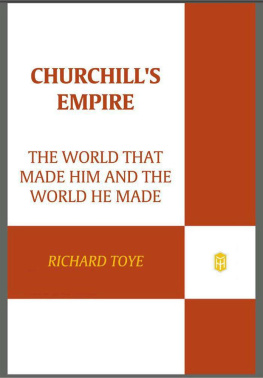
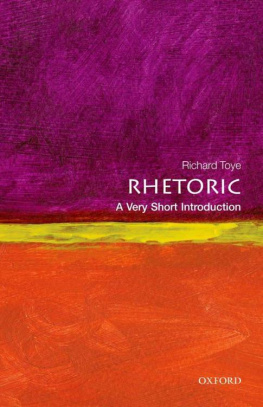
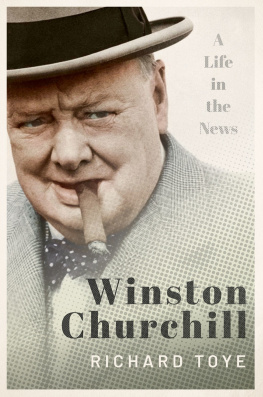


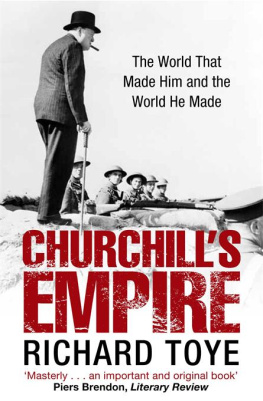
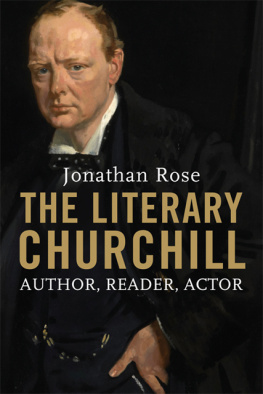
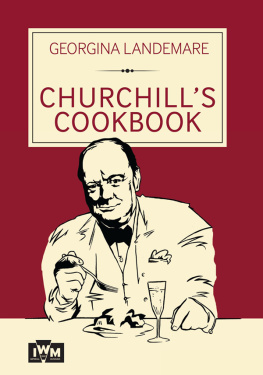
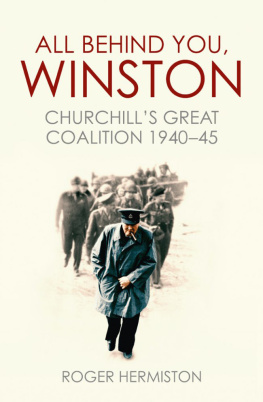



 are registered trademarks of Henry Holt and Company, LLC.
are registered trademarks of Henry Holt and Company, LLC.